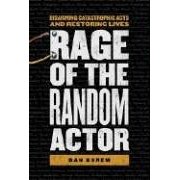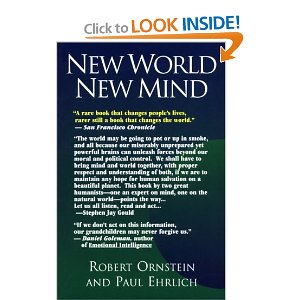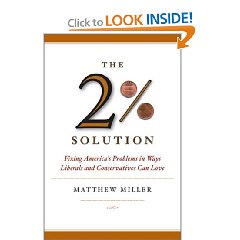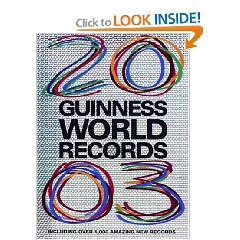“Fog facts” are facts that are out in the open, but “invisible” in the sense that no one acts on them. The stolen Florida election–30,000 plus disenfranchised blacks *and* “overcount” votes where Al Gore was both checked and written, rejected as invalid instead of returned for verification–the specious claims against Iraq; the 9-11 Commission apologia; the list goes on. For myself, the most interesting fog facts dealt with the number of terrorists caught and jailed by France and other nations, as a tiny fraction of the cost of invading Afghanistan and Iraq, and with little to show for it excepts casualties, including significant numbers of US amputations being concealed from the public.
The author “outs” Judith Miller as an agent of Karl Rove in the run-up to the war in Iraq, earnestly selling the Administration's line on weapons of mass destruction, and perhaps one reason she was both favored by Rove in the current Valerie Plume case, and also sought to protect Rove.
THe author gets the jump on the current scandal of the disappearing billions in Iraq–not just the billions for Halliburton in sole source contracts, but the outright theft and squandering of the $19 billion in Iraqi bank credits that Paul Bremer managed to fritter away–and they still do not have running water or electricity.
THe author quotes several times from Mein Kamph in discussing the extremist Republican use of “the big lie” and the comparisons are disconcertingly clear. He weaves a tale of draft-dodging hypocrisy among the Bush Junior and Cheney gang that is all too distasteful when combined with their corruption in favoring Halliburton–his listing of Cheney's ignominious failures as CEO of HAlliburton are fun–and also a sign that Halliburton knew what it was doing in suffering the fool that would deliver the people's treasure. His accounting of Bush Juniors many failures in business, each time living on his father's name and getting bailed out by the forgiving rich that he has repaid many times over with tax cuts and exemptions from asbestos claims, among other loopholes, is dismaying in the extreme. We “know” these things, but we do not act.
On page 82 he repeats what is now perhaps the most famous quote to come out of the Bush Junior White House, where an arrogant aide dismisses a “reality-based” person and says that the U.S. is an empire now, and makes its own reality. That the reality we are making is one of our own destruction escapes this witless aide to the President, so full of himself is he.
The books adds to my understanding of the current Social Security arrangements as a pass through system (each generation funds the next) as opposed to the Administration's proposal for privatization, which converts it to a pension fund that dies with each generation. I am persuaded that we must defend Social Security, it is present form, to the death, and that we must remove the caps and make the wealthy contribute for every dollar, not just up to $90,000.
The author concludes that there is a war today, not between civilizations, but between faith-based and reality-based communities.
I put the book down reflecting to myself that it is time for the American labor union pension funds to lead a revolution. It is time for the people to form their own bank, their own credit card company, their own intelligence agency, and their own media. Although this is happening in fits and starts with the Internet, it is disjointed. We need to marry up money, willpower, and honest information, and we need to out these carpetbaggers and regain control of the commonwealth.
Truth and morality are here to be found, but the question that remains is: will the people act? This is a very fine book for anyone who cares about future generations and resents being robbed.
Ten Other Recommended Books (Five Bad News, Five Good News):
Vice: Dick Cheney and the Hijacking of the American Presidency
Running on Empty: How the Democratic and Republican Parties Are Bankrupting Our Future and What Americans Can Do About It
The Global Class War: How America's Bipartisan Elite Lost Our Future – and What It Will Take to Win It Back
The Working Poor: Invisible in America
American Fascists: The Christian Right and the War On America
A Power Governments Cannot Suppress
The Tao of Democracy: Using Co-Intelligence to Create a World That Works for All
Society's Breakthrough!: Releasing Essential Wisdom and Virtue in All the People
Escaping the Matrix: How We the People can change the world
The Wealth of Networks: How Social Production Transforms Markets and Freedom











